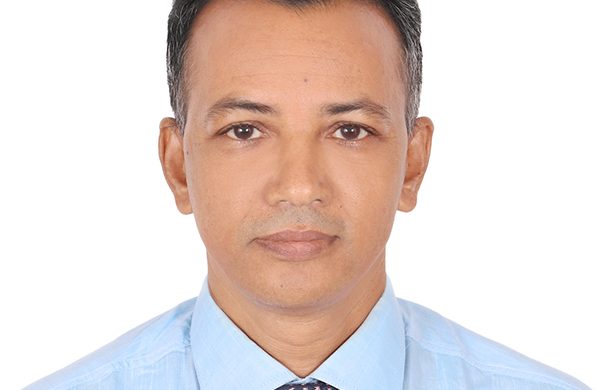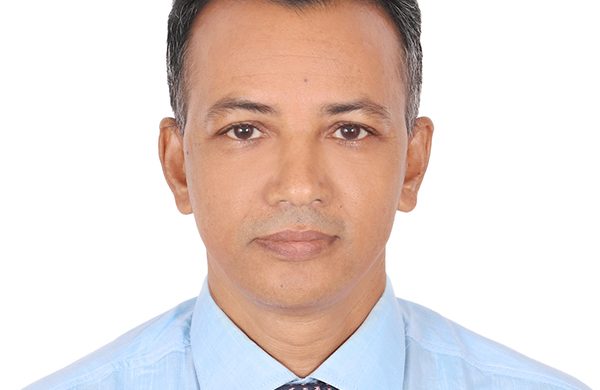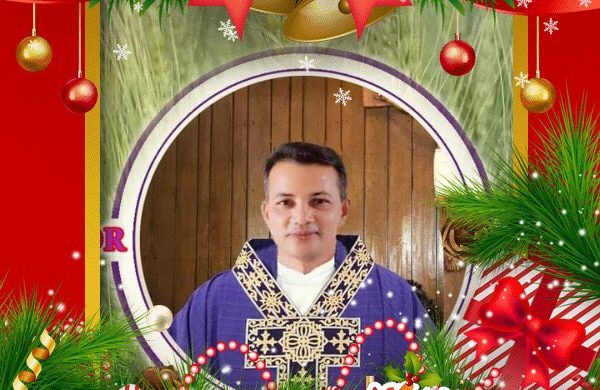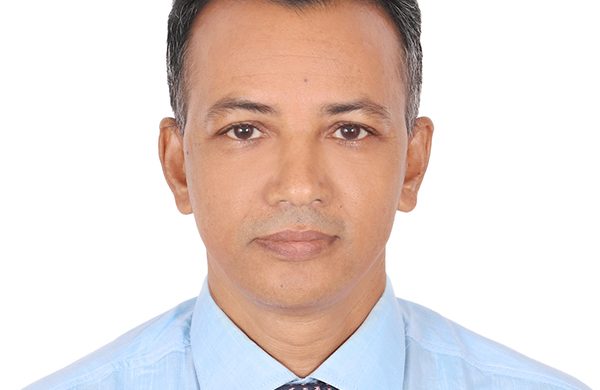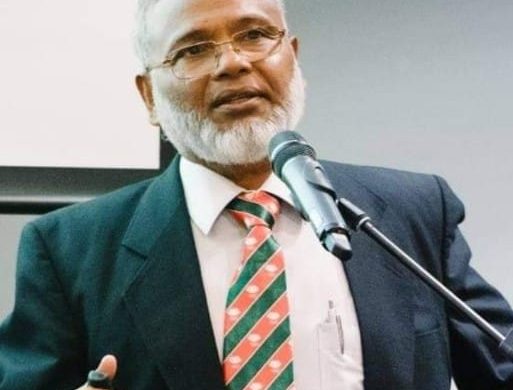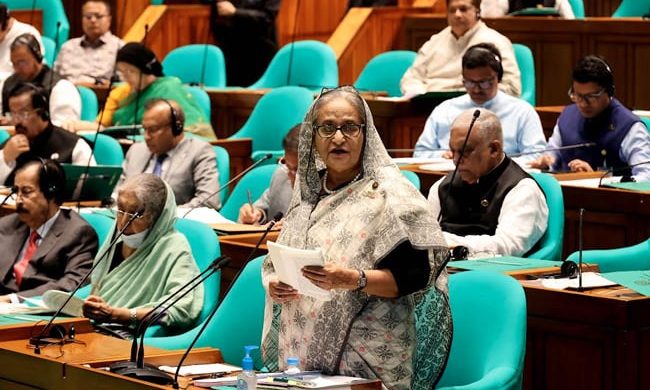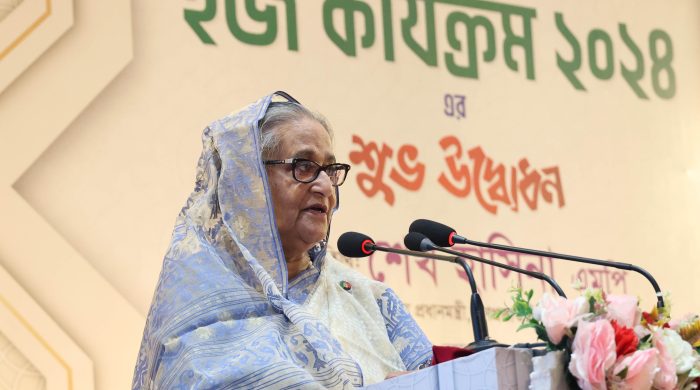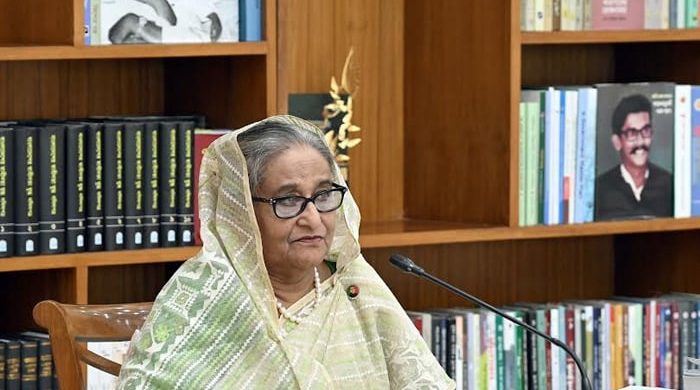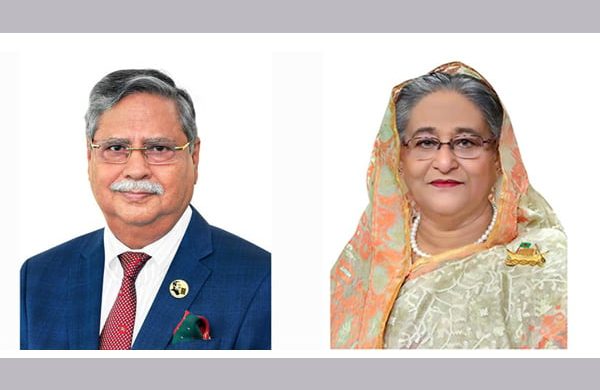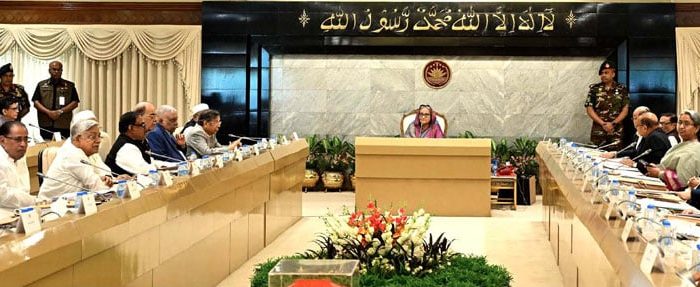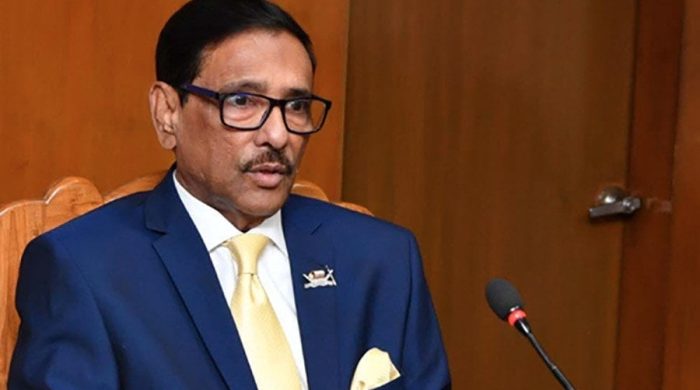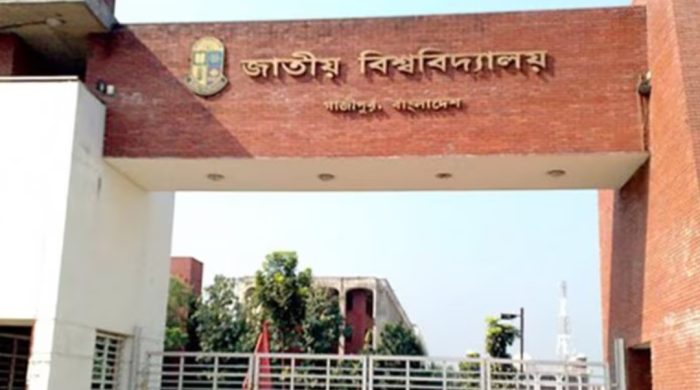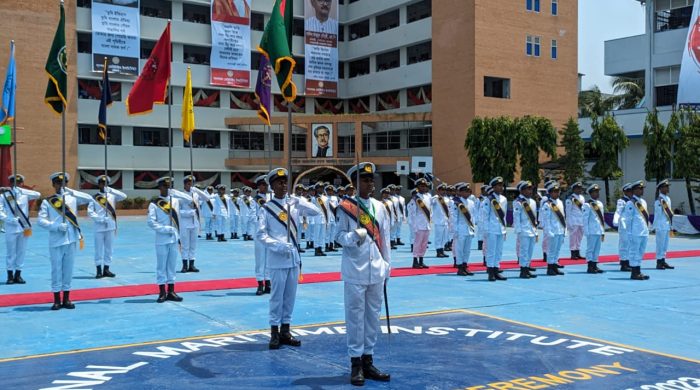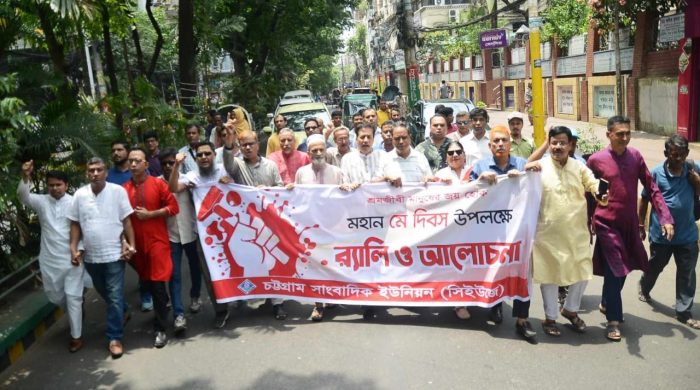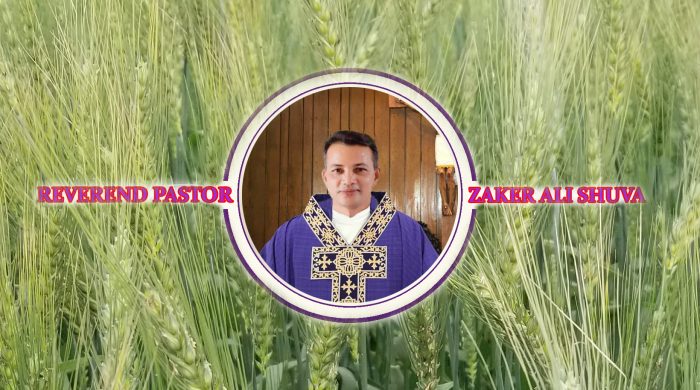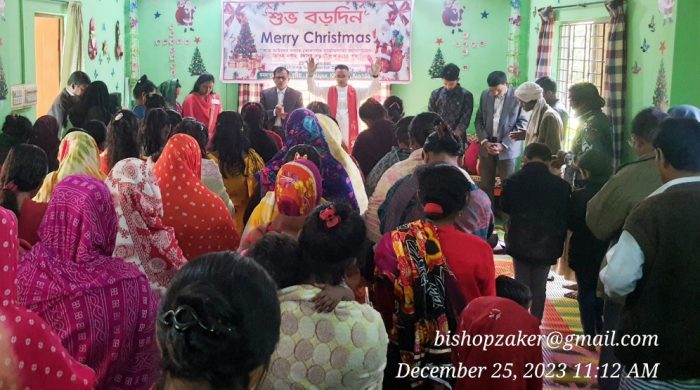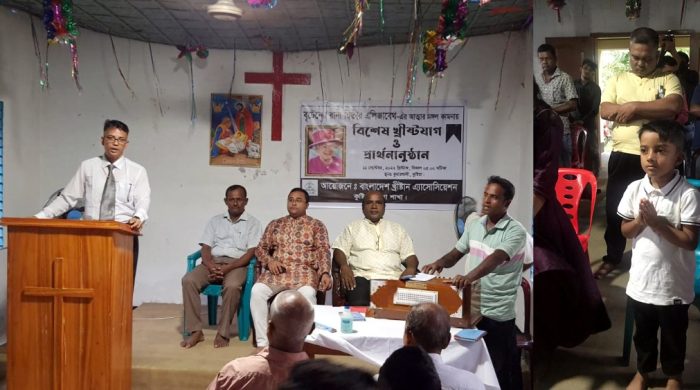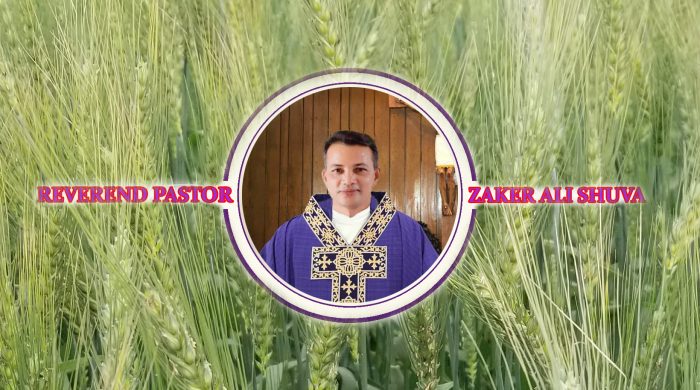Homosexuals: Victims of Extreme Hatred Both Religiously and Socially
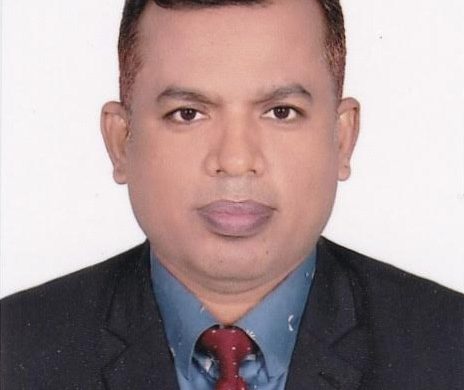
S M IQBAL HOSSAIN BIPLOB
Homosexual individuals continue to face profound challenges as they navigate a world plagued by deep-rooted prejudice and discrimination. This hatred, fueled by both religious beliefs and social norms, subjects LGBTQ+ individuals to intolerance, exclusion, and in some cases, violence. The urgent need for societal and religious acceptance is paramount to creating an environment that values diversity, fosters respect, and upholds the principles of equality for all. Religious beliefs play a significant role in shaping societal attitudes towards homosexuality. In many faith traditions, interpretations of religious texts have led to the stigmatization and condemnation of same-sex relationships. These interpretations, often rooted in cultural and historical contexts, contribute to an environment where LGBTQ+ individuals are deemed as deviant or sinful. Such religious-based hostility perpetuates a cycle of discrimination, leaving individuals vulnerable to marginalization, rejection, and even persecution. Socially, the LGBTQ+ community faces immense challenges due to prevailing societal norms and cultural expectations. Traditional gender roles and heteronormativity leave little room for the acceptance and celebration of diverse sexual orientations and gender identities. Homophobic attitudes, fueled by ignorance and fear, contribute to the alienation and exclusion of LGBTQ+ individuals, forcing them to conceal their true selves and live in fear of judgment and retribution. The consequences of this extreme hatred are profound. LGBTQ+ individuals often experience higher rates of mental health issues, including depression, anxiety, and suicidal ideation. They may struggle with internalized homophobia, constantly questioning their self-worth and battling a sense of shame imposed upon them by society. The impact is particularly severe for those who lack support systems, as they may feel isolated and disconnected from their communities. The road to acceptance and equality for the LGBTQ+ community requires a multifaceted approach. It begins with challenging the misconceptions and biases perpetuated by religious teachings. Many religious leaders and organizations are engaging in thoughtful dialogue, reevaluating interpretations of sacred texts, and promoting a more inclusive understanding of human sexuality. These efforts aim to reconcile faith and acceptance, acknowledging that religious teachings can coexist with respect for LGBTQ+ individuals. Education plays a crucial role in dismantling societal prejudice and fostering empathy. Schools, colleges, and community organizations must prioritize inclusive education that promotes acceptance, diversity, and understanding. By integrating LGBTQ+ history, literature, and issues into curricula, the younger generation can develop an awareness and appreciation for the LGBTQ+ community, challenging harmful stereotypes and cultivating an environment of tolerance. Legislation also plays a vital role in protecting the rights of LGBTQ+ individuals. Comprehensive anti-discrimination laws and policies must be enacted and enforced to ensure equal treatment in employment, housing, healthcare, and public services. Legal protections against hate crimes and violence are essential to safeguard the safety and well-being of LGBTQ+ individuals, sending a clear message that hatred and discrimination will not be tolerated. It is crucial for religious leaders, community influencers, and opinion-makers to use their platforms to promote messages of love, acceptance, and inclusion. By actively speaking out against homophobia and advocating for LGBTQ+ rights, they can challenge harmful beliefs, spark conversations, and inspire change within their communities. Interfaith dialogues and collaborations between religious groups and LGBTQ+ organizations can help foster understanding, encourage empathy, and build bridges of acceptance. Support networks and safe spaces are vital for LGBTQ+ individuals who often feel isolated and rejected. Organizations and community centers that provide counseling, support groups, and resources can be a lifeline for those seeking solace and understanding. Allies within families, schools, and communities must actively demonstrate support and advocate for the rights and well-being of LGBTQ+ individuals. As a society, it is our collective responsibility to create an environment where LGBTQ+ individuals are embraced, respected, and protected from discrimination. By challenging the hatred that stems from religious and social prejudices, we can strive towards a world that celebrates diversity, upholds human rights, and offers equality for all individuals, regardless of their sexual orientation or gender identity. Only through empathy, education, and collaboration can we overcome the extreme hatred that targets the LGBTQ+ community and pave the way for a more inclusive and compassionate society.
Author: Gay rights activist
E-mail: biplobcdp@yahoo.com




